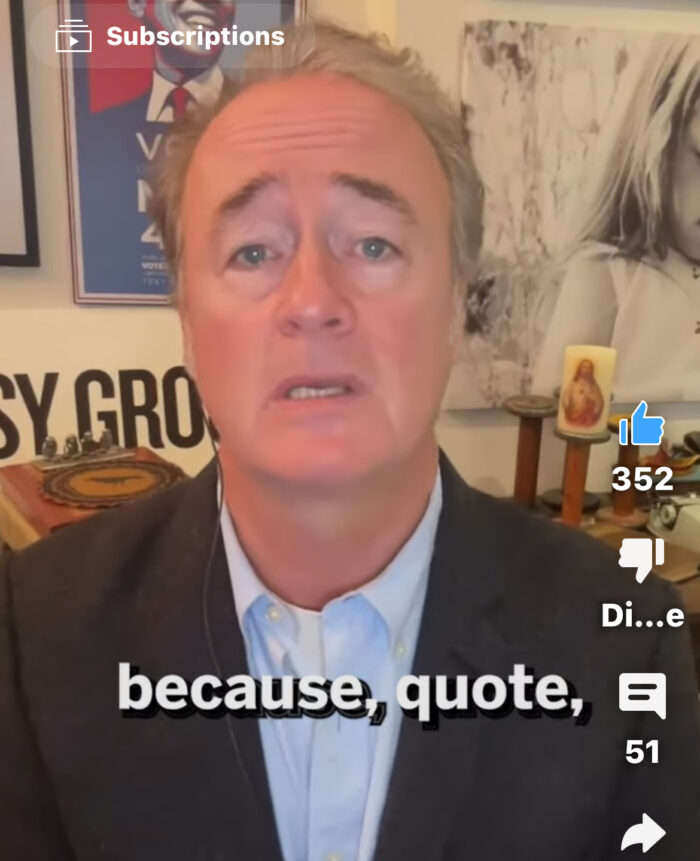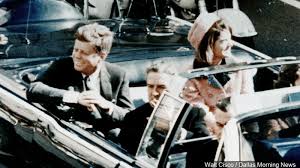My latest: first they come for the Jews
A Christmas tree.
A Christmas tree lighting get-together, to be precise.
They’ve been doing the Christmas tree celebration in Rockefeller Center, in Midtown Manhattan, for a long time. The first time they did it was in 1931, during the Great Depression. A Norway Spruce, often from upstate New York. They truck it in.
Some Italian-American workers did it first. They put up the first tree, a smaller one, and then they decorated it with “strings of cranberries, garlands of paper, and even a few tin cans.” A couple years later, they brought in an even bigger tree – 50 feet high – and set up a skating rink at its base, and it became a yearly thing.
Regular people, workers and union folks, would pull their money together to get the tree. Then they would decorate it together.
Why light the Christmas tree? Goes back Centuries, really, to when they used candles, and not electrical lights. It means Christ is a light to the world, basically. That’s it.
Since the Fifties, the lighting of the Christmas tree in Rockefeller Center has been broadcast live on TV. As many as 150 million people watch it happen.
They bring in big stars to perform for the tree lighting. Diana Ross, Aretha Franklin, Tony Bennett, Dolly Parton, and (of course) Mariah Carey. It’s not political. No one gives jingoistic speeches. It’s just a nice little party, one that makes people happy. In a world of unrelenting pain and misery and horror, it’s a nice thing.
It shouldn’t be necessary, here, to point out that the lighting of a Christmas tree isn’t an occasion to provoke a riot. Or that the rest of us don’t regard it as an opportunity to start street fights and scream obscenities while little kids look on. In particular, we wouldn’t treat it like a night to promote hate.
But you and me, we aren’t part of Team Hamas. We don’t shoot up schools, or firebomb synagogues, or block highways, or put up hate graffiti, or target businesses simply because they’re owned by Jews. We don’t do that. Normal people don’t do that.
The Team Hamas does, and did. And, on Wednesday night, they were at it again.
A mob descended on the Christmas tree lighting ceremony in Rockefeller Center. They claimed to be “pro-Palestine,” but all of us know, by now, that they are really anti-Jewish-State. Anti-Jew, to be precise.
Hundreds of them descended on Rockefeller Square on Wednesday night. They fought with police, they screamed genocidal slogans. Some of them even held up signs with big swastikas on them. They called the police “f**king Nazis.” They tried to break down barricades separating them from families who had come to see the tree lighting.
One cop said it was “total chaos.” And it was.
But it was also revealing. It told us something we should think about.
Since October 7, when Palestinian Hamas terrorists killed hundreds of Israelis, and kidnapped dozens more, it’s been obvious that the “pro-Palestine” protesters really, really hate Jews and the Jewish state. It’s been obvious that many, if not most, of them are wildly anti-Semitic.
But here’s the thing: a Christmas tree lighting ceremony isn’t for Jews, is it? It isn’t about the Jewish faith. It’s for, and about, Christianity.
You know that old saying, the one that suggests how progroms start with the Jews, but never end with the Jews? It’s true.
And we’re now seeing it happen, in real time.


